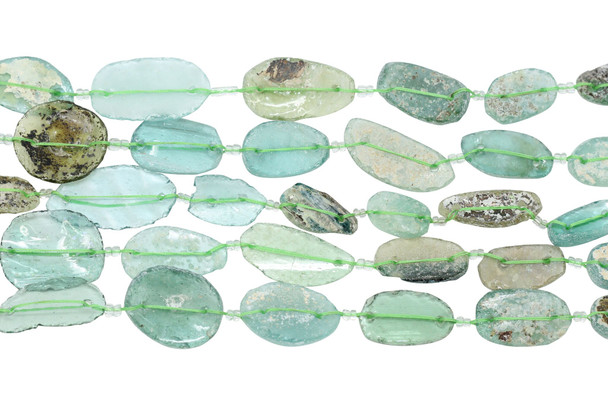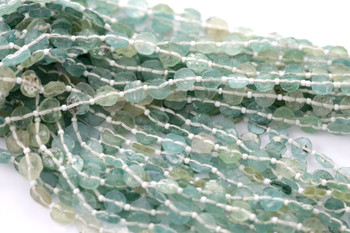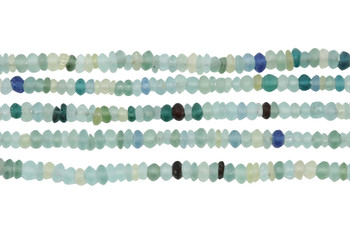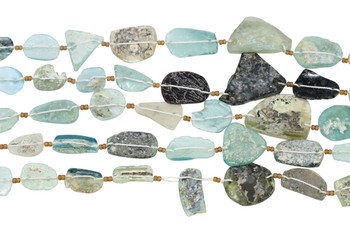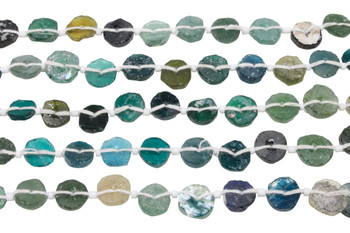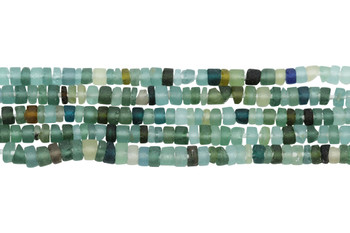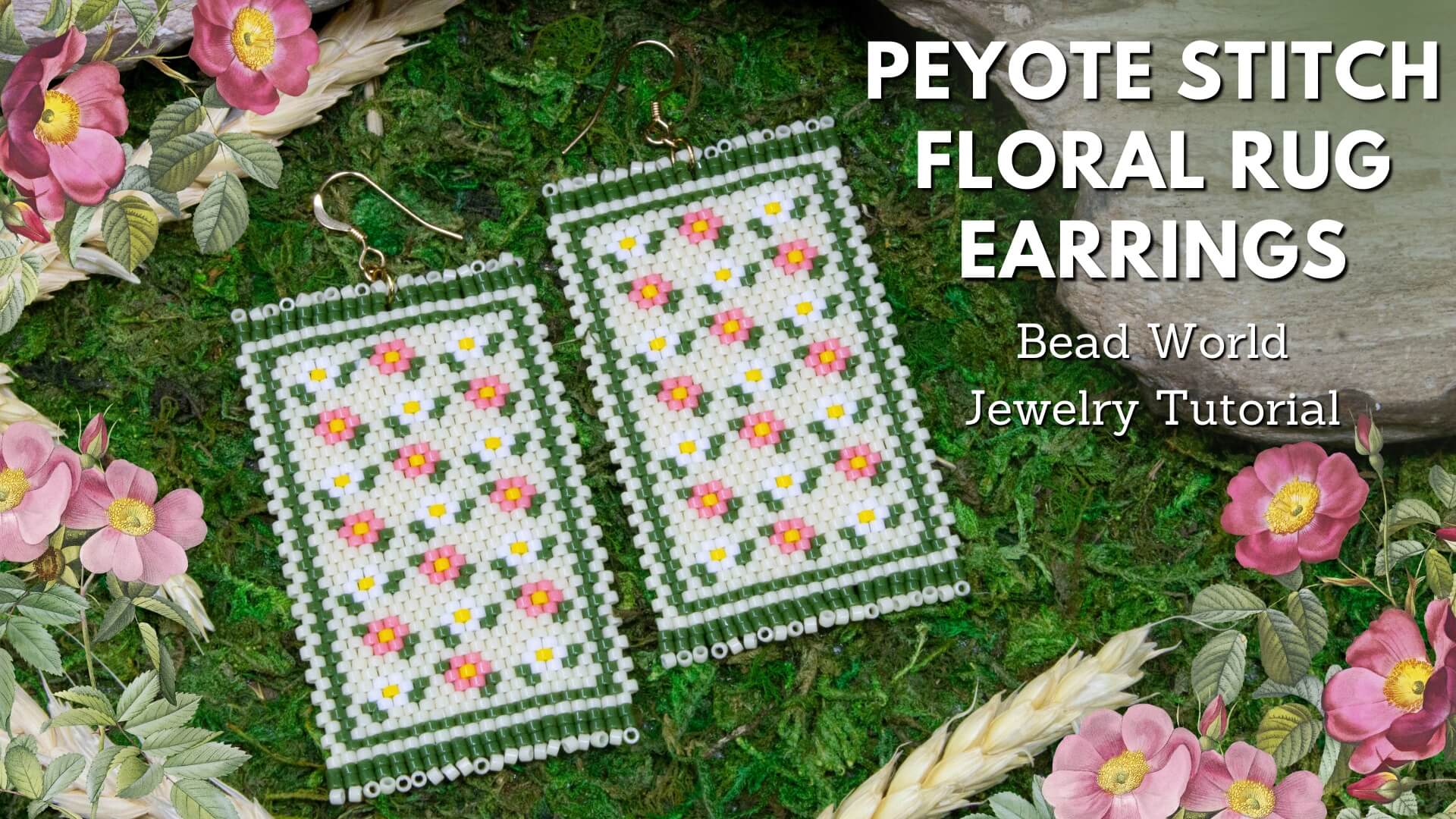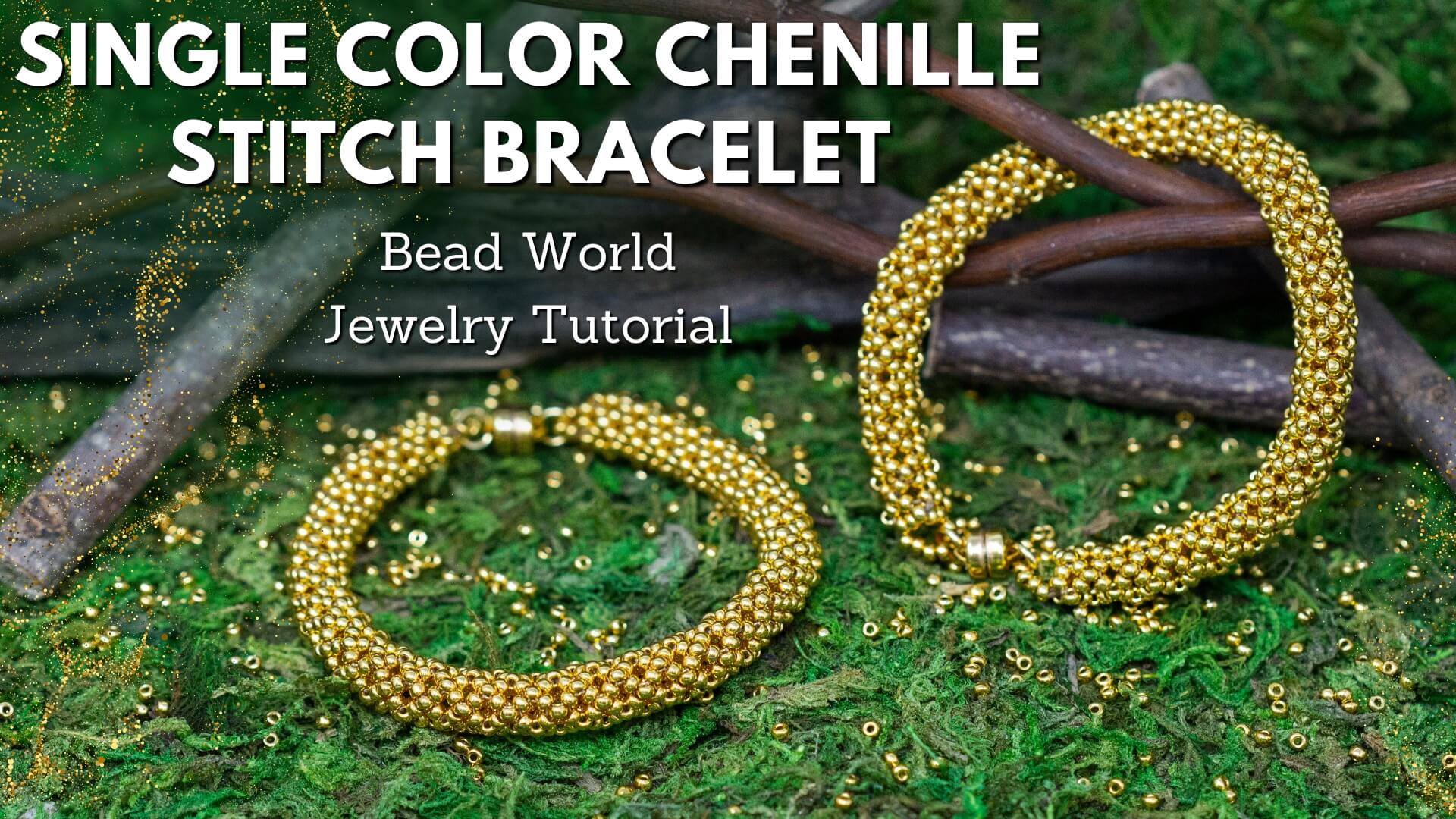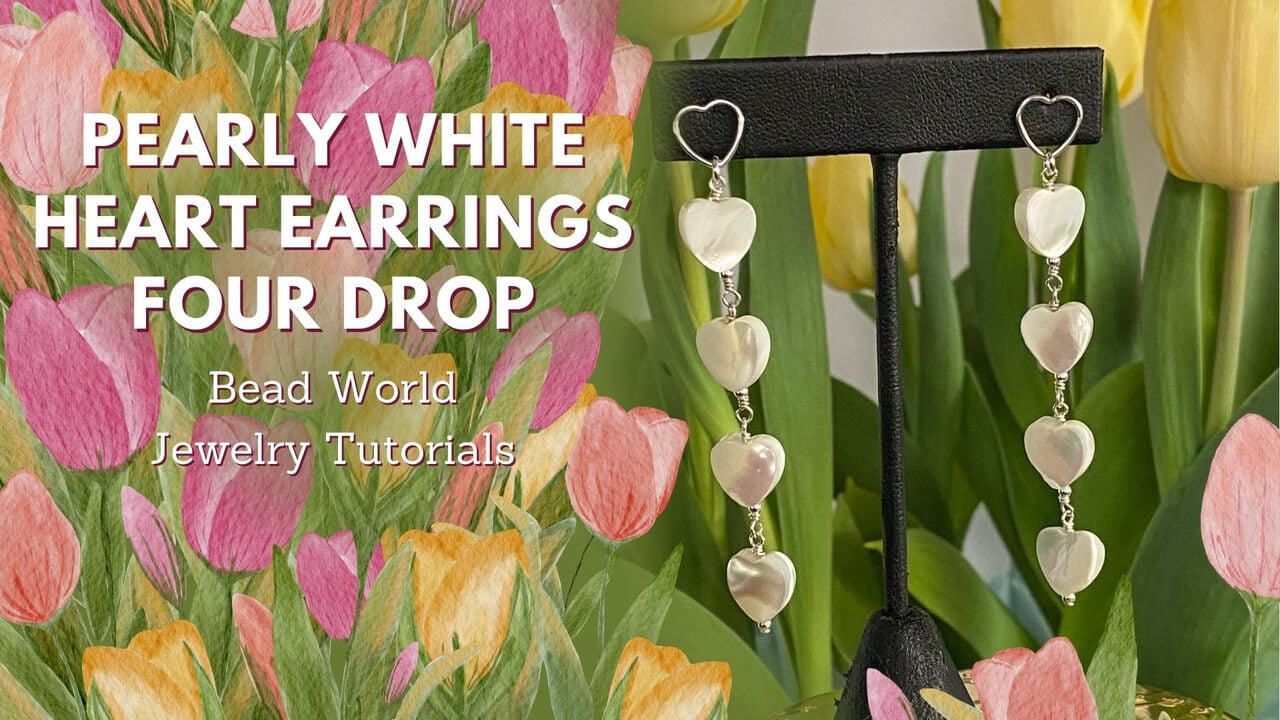Description
- Approximate beads per strand: 15-16
- What is it: The colorless (and "aqua" blue) glass was produced in the Roman period by adding either antimony or manganese oxide. This oxidised the iron, which although yellow, is a much weaker colorant, allowing the glass to appear colourless. The use of manganese as a decolourant was a Roman invention first noted in the Imperial period.
- History: Roman glass objects have been recovered across all areas the ancient Roman Empire. The glass, at the time, was used primarily for the production of vessels, although mosaic tiles and window glass were also produced. Early Roman glass was mainly intensely coloured glass vessels. However, during the 1st century AD the industry underwent rapid technical growth that saw the introduction of glass blowing and colourless or "aqua" glass became vastly popular throughout the entire region.
- Metaphysical Properties: It is believed that Roman glass connects us to the past, it echoes of ancestors, and has traversed time to allow its energies into our environment.
- Because gemstones are natural materials, appearances may vary from bead to bead
Additional Information
Finish: |
Natural |
Approx. Strand Length: |
18 inches |
Hole Size: |
1mm |
Dimensions: |
18-32mm |
Color: |
Blue |
Material: |
Roman Glass |
Shape: |
Oval |
Color: |
Turquoise |
Sold: |
By the strand |
Range: |
Assorted |
Range: |
30mm+ |
Range: |
16-19.9mm |
Range: |
20-29.9mm |

